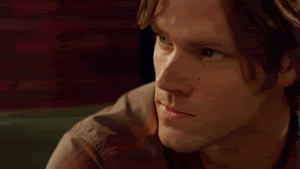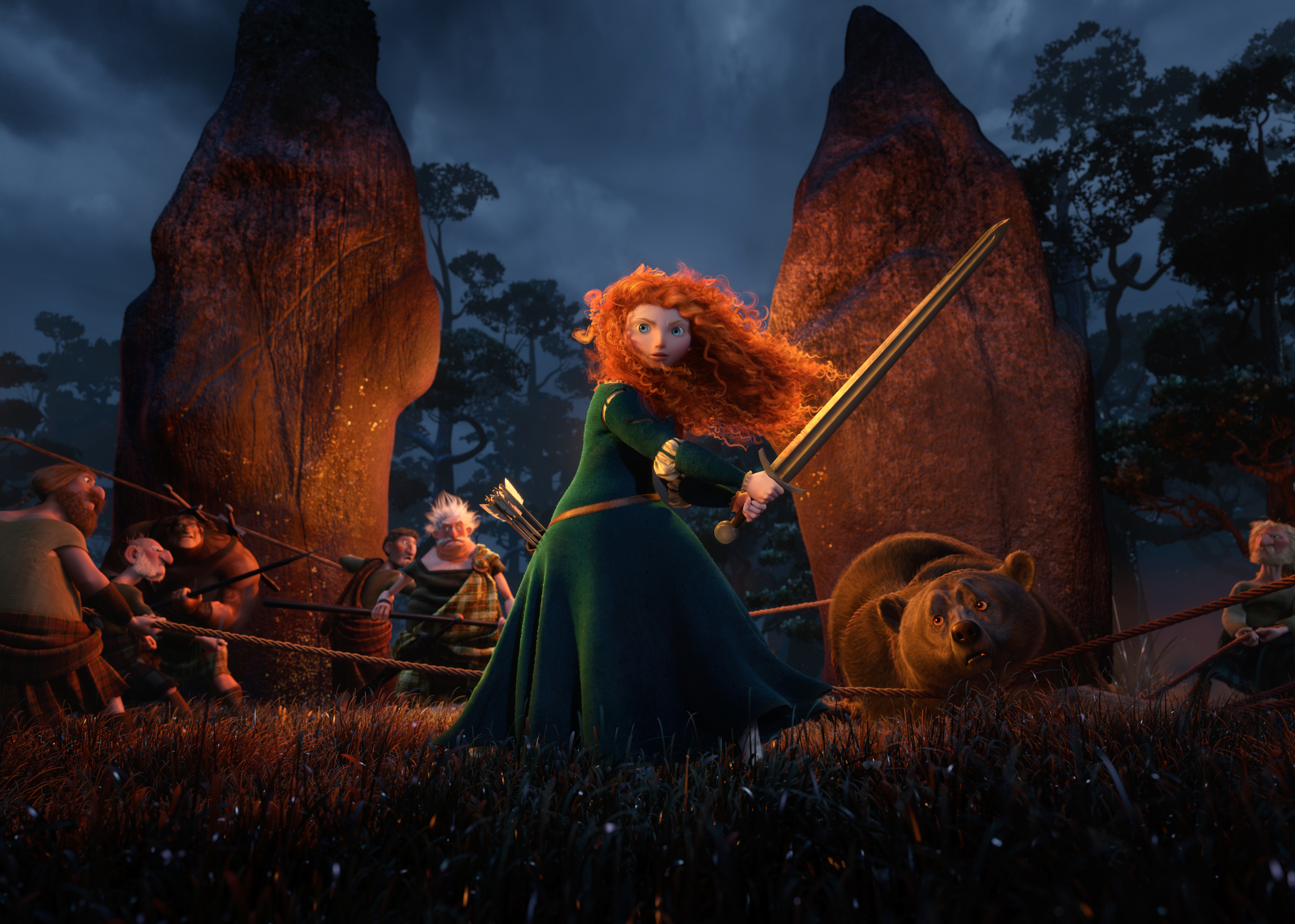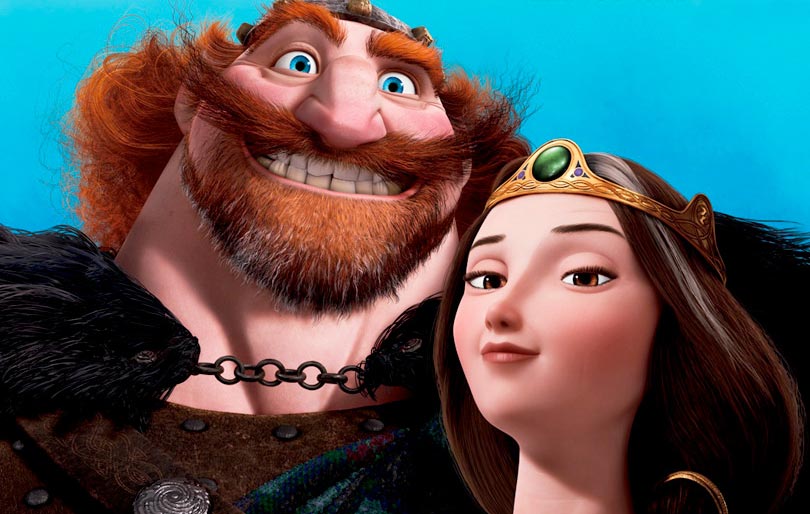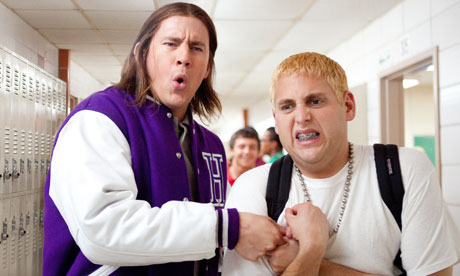Tabatha #1 is the first in a four-issue limited series produced by Neil Gibson’s T-Publications. It tells the story of a mailman named Luke and his friends, all of whom just happen to be aspiring thieves. Luke uses the information he gathers from his mail route to help plan the break-ins, but as it turns out, he and his friends find much more than they expected or wanted to during their first night of breaking and entering. This is far from the first story to feature “ordinary people getting more than they bargained for”, and unfortunately it doesn’t have much to offer in the way of an original take on the concept. Worse, the few original elements do more to damage than help the book. Tabatha’s first issue winds up as a disappointing beginning to a still potentially-interesting series.
The foundational trouble with Tabatha is that it feels like a paint-by-numbers book from the
start. Following from the familiarity of the basic logline, the plot
progression and story beats all feel expected and slightly stale, even on a
first reading. It’s not because the developments and story arc are faulty in
and of themselves. Rather, the problem resides in the hollow nature of the
specifics of this story. Plot takes precedence over character, and that makes the
flow of the story feel forced and predictable.
We need to get to know Luke, our main character – and so we
spend the first several pages of the book being put through the paces of his
day. He’s bullied by his colleagues, most of the people on his route are
strange and troublemakers, and the girl he’s crushing on thinks he’s weird.
Despite the fact that it’s pretty standard stuff, it still could have worked.
Except the jokes aren’t funny, the pacing is off, and Luke just isn’t that
interesting of a character. I looked for a way to invest myself in him as a
reader, and I just didn’t find it.
This is also the part of the story where we’re given
heavy-handed, explicit foreshadowing by way of the fact that this job is a
“means to an end” for Luke. Obviously, we’re supposed to ask “what end?” but
the script just doesn’t bother to rely even a little bit on the intelligence of
the audience. Instead, we’re steadily hit with the repetition of the same
foreshadowing that first shows up on page two.
I was hoping things would even out as the story went along,
but that wasn’t the case. When we meet Luke’s friends/roommates (who happen to
be dating each other), we get the expected story beats – the “bickering like a
married couple” exchange, the good-natured third wheel main character, etc. But
there’s no real substance to any of these three major characters, and that
makes the rest of this first issue’s developments (which I’ll avoid spoiling
for those who might want to read the book) far less engaging and interesting
than they should be.
Now, all these things I’m talking about are forgivable, if
not ideal, for a first-issue comic book. Introducing fresh, engaging characters
and plugging them into an interesting plot is not an easy business, and I know
that firsthand. But I re-read Tabatha a
few times in preparation for this review, and each time I did, I found it more
and more problematic.
The story is just average – erring on the side of too much
secrecy and not enough setup for whatever will come with the three remaining
issues. Like I said, forgivable. What’s less forgivable is the supposedly
sympathetic character of Fin (Luke’s best friend and roommate, as well as the
character whose POV we share at the end of this first issue and apparently will
continue to in further issues) and the blatantly sexist elements of his
character. These are overtones which, on repeated readings, appear elsewhere in
the book and betray the fact that the attitudes portrayed are not deliberately
chosen and addressed character traits, but rather systematic issues with the
book as a whole.
What it comes down to is that Tabatha, intentionally or not, has serious problems with
objectifying both female and male characters. I’m not here to make character
judgments of the creative team behind this book. I’m simply reviewing what I
see on the page, and what I see is problematic to me as a reader and a
storyteller.
All of the women characters in this book are drawn in tight
pants, short shorts, and spaghetti straps, and are frustratingly only defined
by their relationships to men. The nameless female crush of Luke (who returns
essentially as a plot device late in the issue) is only important because Luke
has decided that she is “his future wife”. She has minimal dialogue, and we
never even learn her name. Fin’s girlfriend is written as stereotypical and
short-tempered, drawn as skimpily dressed and exceptionally thin, and relegated
to backseat status for most of the story. Fin and Luke aren’t exempt from the
disappointingly stereotypical character machine – Luke is clearly the nerdy,
innocent guy, and Fin is so bulked up that he could give Superman a run for his
body type.
The challenges presented by these characters as written are
the major roadblock to embracing the potential of the overall storyline. We get
an intriguing look at the villain of the piece towards the end of the book, and
enough of the questions left on the last page are enticing enough that I’m at
least mildly curious about what comes next. I just hope new story developments feature
alongside some improvements to the characters and tone of the book as well –
otherwise there’s no way I would shell out to see what happens next.






















